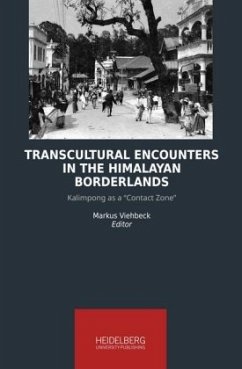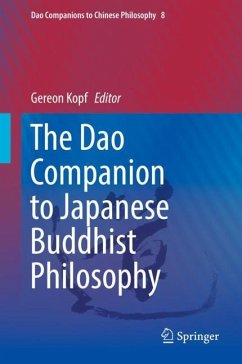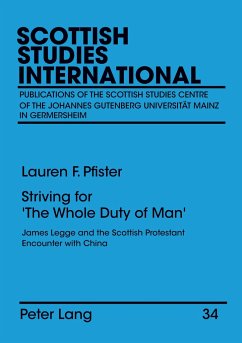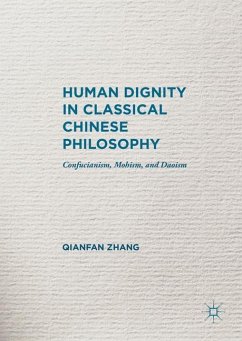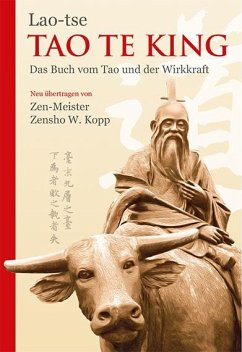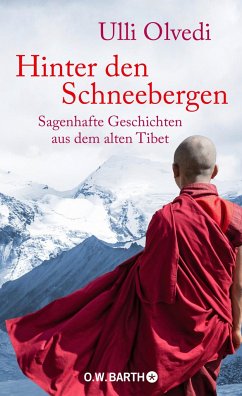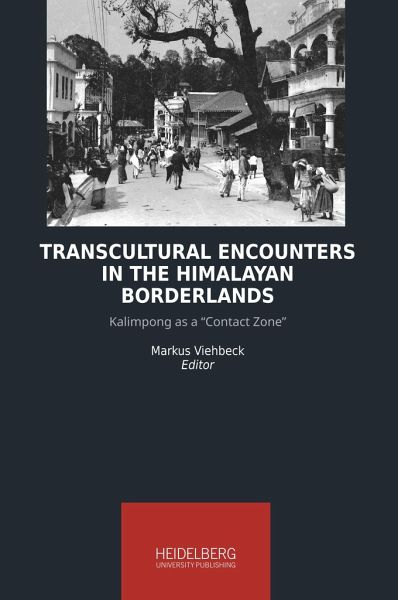
Transcultural Encounters in the Himalayan Borderlands
Kalimpong as a "Contact Zone"
Herausgegeben: Viehbeck, Markus
Versandkostenfrei!
Versandfertig in 1-2 Wochen
55,90 €
inkl. MwSt.

PAYBACK Punkte
0 °P sammeln!
This collaborative study investigates the hill station of Kalimpong and thelarger Eastern Himalayan borderlands as a paradigmatic case of a "contact zone." Inthe colonial and early post-colonial era, this space enabled a variety ofencounters: between (British) India, Tibet, and China, but also Nepal and Bhutan;between Christian mission and Himalayan religions; between global flows of money andinformation and local markets and practices. Using a plethora of local and globalhistorical sources, the contributing essays follow the pathways of people fromdiverse cultural backgrounds and investigate ...
This collaborative study investigates the hill station of Kalimpong and the
larger Eastern Himalayan borderlands as a paradigmatic case of a "contact zone." In
the colonial and early post-colonial era, this space enabled a variety of
encounters: between (British) India, Tibet, and China, but also Nepal and Bhutan;
between Christian mission and Himalayan religions; between global flows of money and
information and local markets and practices. Using a plethora of local and global
historical sources, the contributing essays follow the pathways of people from
diverse cultural backgrounds and investigate the new forms of knowledge and practice
that resulted from their encounters and their shifting power relations. The volume
provides not only a nuanced historiography of Kalimpong and its adjacent areas, but
also a conceptual model for studying transcultural processes in borderland spaces
and their colonial and post-colonial dynamics.
larger Eastern Himalayan borderlands as a paradigmatic case of a "contact zone." In
the colonial and early post-colonial era, this space enabled a variety of
encounters: between (British) India, Tibet, and China, but also Nepal and Bhutan;
between Christian mission and Himalayan religions; between global flows of money and
information and local markets and practices. Using a plethora of local and global
historical sources, the contributing essays follow the pathways of people from
diverse cultural backgrounds and investigate the new forms of knowledge and practice
that resulted from their encounters and their shifting power relations. The volume
provides not only a nuanced historiography of Kalimpong and its adjacent areas, but
also a conceptual model for studying transcultural processes in borderland spaces
and their colonial and post-colonial dynamics.



